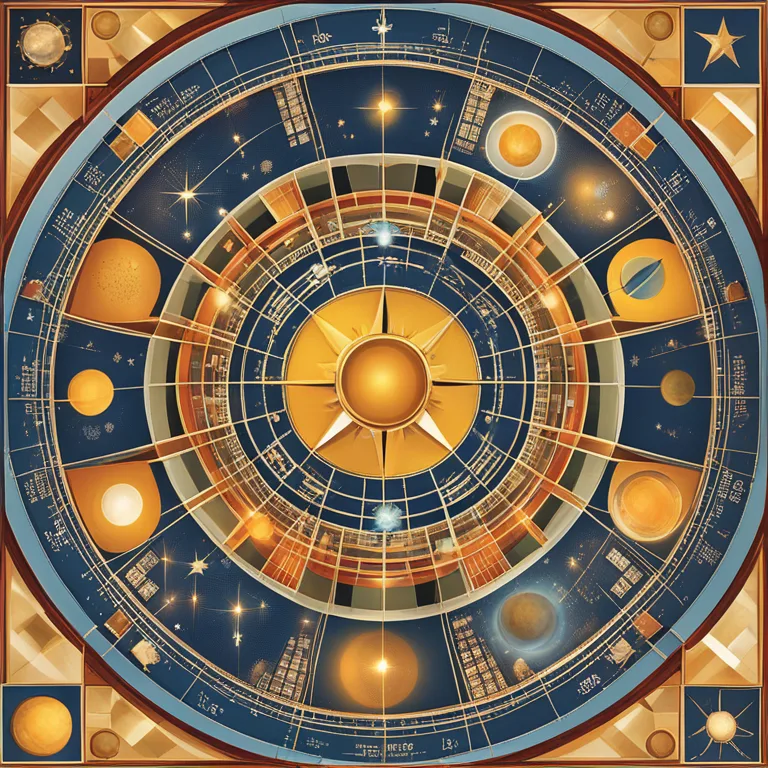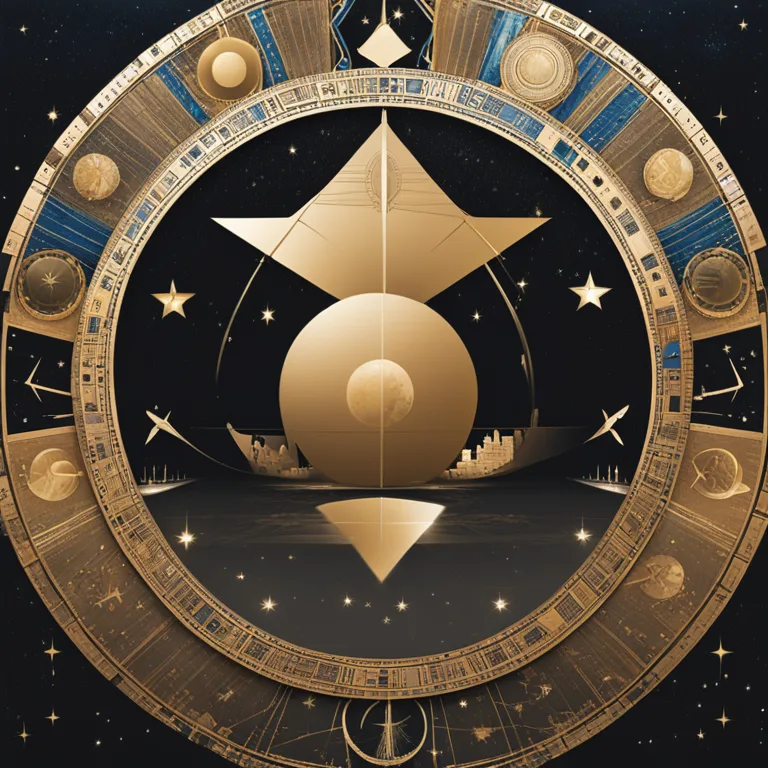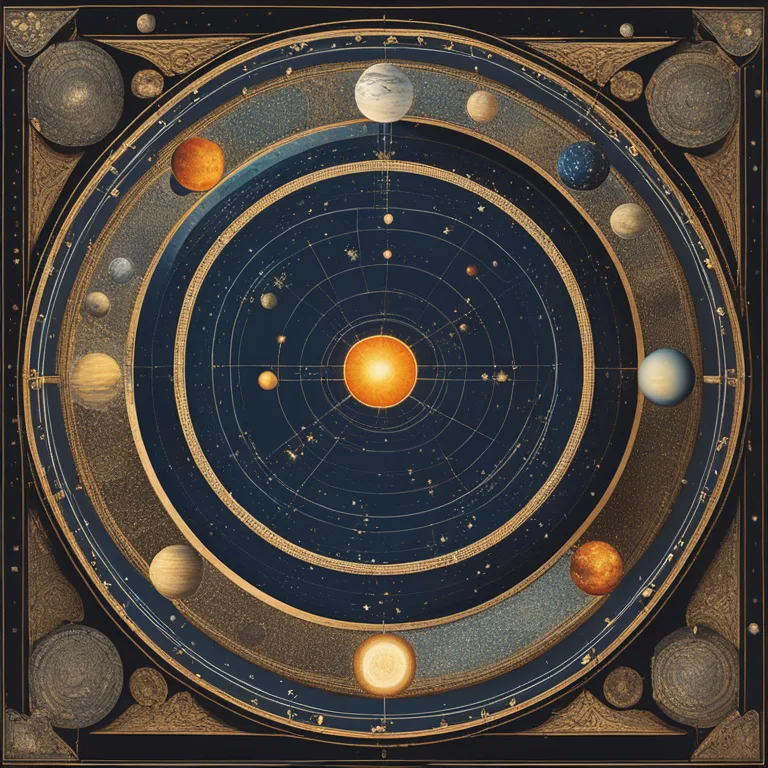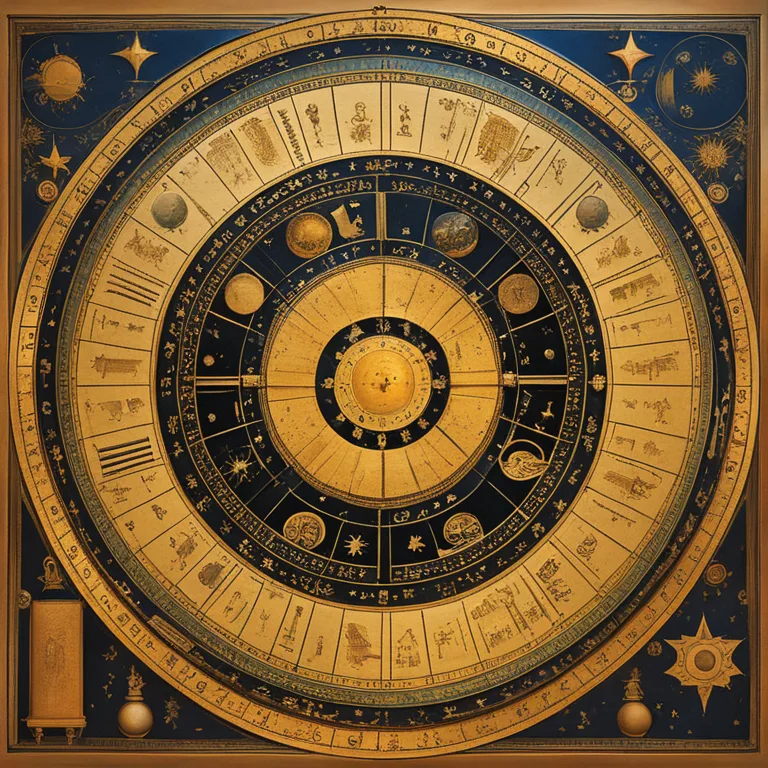
The Reality of Astrology: An Empirical Gaze
Delving into the concrete realities of astrology, this article explores its historical legitimacy, influences, and emerging scientific discussions.
article by Priya Deshmukh
The Roots of Astrological Belief
Astrology has been a significant aspect of human culture for thousands of years, influencing decisions from mundane to monumental. The Babylonians, as early as the 2nd millennium BCE, meticulously charted celestial movements, convinced of a synchronous relationship between the heavens and Earth. The respect for astrology as a discipline grew as it intertwined with cultures globally, with famed scholars such as Ptolemy and personalities like Nostradamus cementing its place in historical academia. Despite skepticism in modern times, astrology endures, largely due to its philosophical implications and the human propensity to find patterns and meanings in life's ebbs and flows.

Celestial Mechanics and Human Experience
Astrologers assert that planetary alignments during one's birth contribute to shaping personality, potentials, and challenges. This belief stems from the concept that the universe is an interconnected web, where celestial movements mirror the human experience. As we approach 2024, astrologers analyze the impending Great Conjunctions and their prospective influence on global shifts. They predict that these alignments may herald significant changes in technological advancements and social consciousness, similar to past correlations between celestial and historical events.

The Empirical Angle
Critics often dismiss astrology due to a perceived lack of empirical evidence. Nevertheless, astrology enthusiasts point to the field of cosmobiology, where correlations between astronomical cycles and biological processes are studied. Furthermore, a growing body of psychological research explores the effects of birth season on personality—a tangential nod to astrological principles. As science evolves, researchers may uncover more connections that paint astrology in a scientifically validated light, even if indirect or symbolic in nature.

Cultural Impact and Personal Resonance
The resurgence of interest in astrology, especially among younger generations, can be partly attributed to its cultural significance and personal resonance. Many individuals find guidance in astrology, using it as a tool for self-reflection and understanding. The horoscopes for 2024 onwards promise a year of introspection and progress, with individual signs experiencing unique journeys. Astrology thrives as a language of self-discovery, enabling a deeply personalized dialogue with the cosmos.

Technological Advancements in Astrology
With advancements in technology, astrology becomes more accessible, offering nuanced and personalized readings at an unprecedented scale. Astrological software in 2024 can calculate complex birth charts in seconds, considering celestial positions to a precise degree. This commitment to accuracy further cements astrology's standing, while real-time astronomical data feeds ensure that predictions remain relevant to current cosmic shifts, indicating a symbiosis between ancient wisdom and modern innovation.
Societal Synchronization with Celestial Rhythms
Observationally, some argue that societal trends often synchronize with astrological cycles. For instance, the Saturn return—a phenomenon occurring every 29.5 years—is believed by astrologers to mark a significant turning point or maturation in an individual's life. With keen interest, many await to observe how this cycle will influence the collective destiny post-2024. This concept of cyclic synchronicity continues to allure those seeking to align personal growth with a greater cosmic timetable.
Published: 12/29/2023
Modified: 12/29/2023
More predictions
Come back here soon to learn more about yourself and your future


The Cosmic Dance of Astrology in Love
Discover how astrology influences romantic relationships, and what the stars say about love compatibility in the modern era.


The Astrological Almanac of Zodiac Signs
Delve into the cosmic influence of astrology and zodiac signs. Learn how celestial alignments guide personalities, futures, and relationships.


Moon and Rising: Astrological Identity Revealed
Learn the impact of your Moon and Rising signs in astrology on personal traits, emotional responses, and life’s journey.